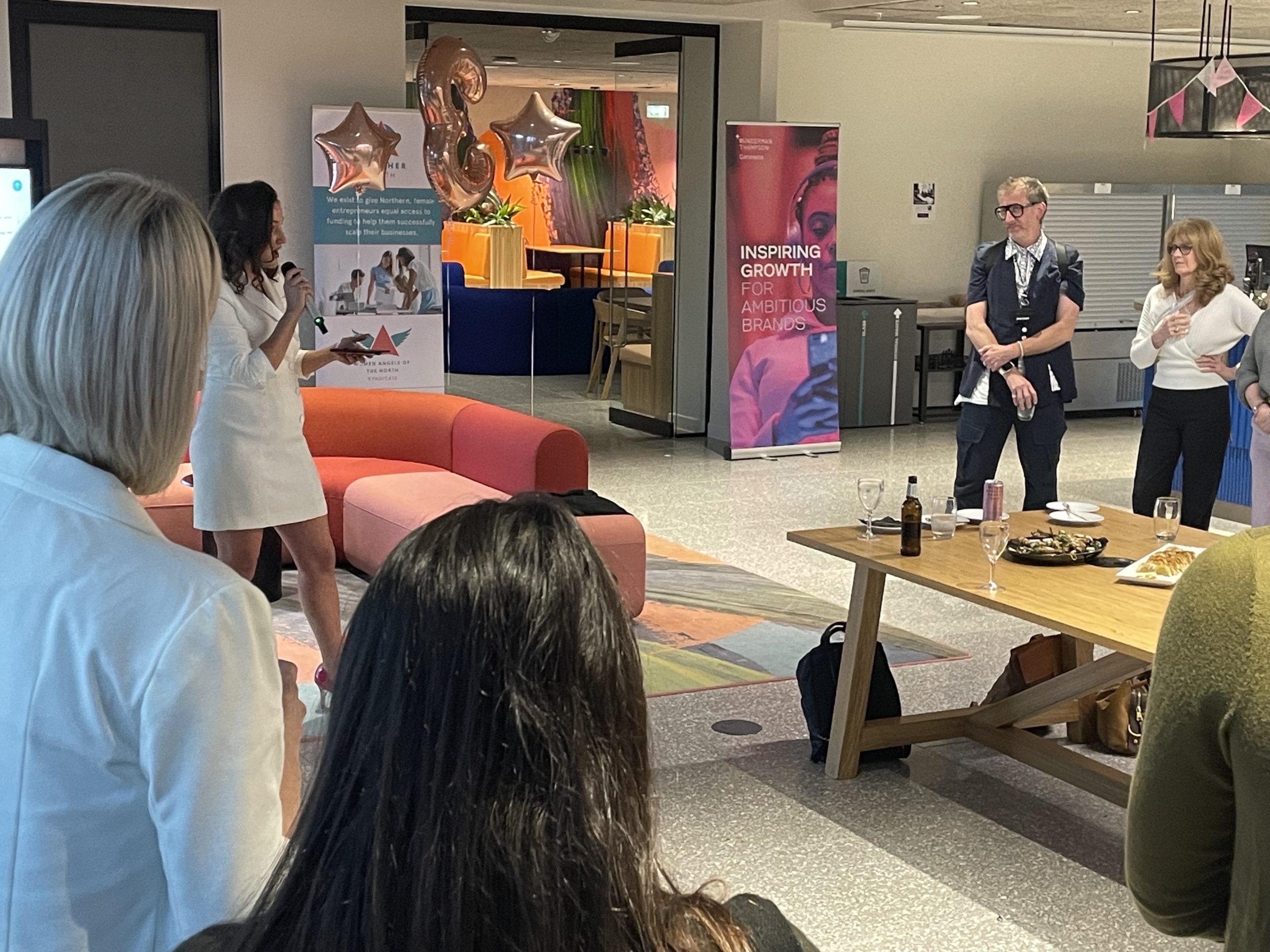How much evidence do we need that British manufacturing needs to keep incorporating creative talent as well as scientific and technical skills to stay competitive? It’s time to add Art to the list of must-have talents for UK plc.
The World Economic Forum have told us exactly which jobs are going to go, once Artificial Intelligence (AI) takes hold in the workforce. Repetitious tasks will go to robots. Ones that call for empathy, interpersonal skills and creativity will go to humans. Because people, let’s face it, like dealing with people.
Artisan brands, drawing on ever more creative design, language and marketing techniques, are impacting all kinds of sectors that have until now, been dominated by big players. That’s why brands like Heineken are being forced to reassess how they build traction with consumers in light of the never-ending creative explosion of craft beer.
Industry 4.0 gets us up to speed. It doesn’t give us the edge.
Digital skill sets, urgently needed in greater supply to bring down the cost of Industry 4.0, have every bit as much to do with creative problem solving and design as they do with scientific and technological knowledge. It doesn’t matter how good we get at Industry 4.0 in this country if that is all we have to make us distinctive in a global marketplace. The same technology is available the world over, to every manufacturing cell from Stuttgart to San Diego. We can’t be first to market, because other countries are already there with vast economies of scale. So we need to be better, or different.
The second annual Festival of Marketing conference in Blackburn made a strong case for a much more active collaboration between the two fields.
I’m biased. I’m an arts graduate.
In a time before tuition fees I was lucky enough to study History of Art, Italian and French so names like Leonardo Da Vinci became pretty familiar. I didn’t ever need to question what the arts have to do with making things. Maybe that is what made it so easy to understand the manufacturing environment at Cumbria Crystal. Without creativity, we churn out obvious answers. Without design thinking, we create products that reference competitor products more than they do the needs of customers.
And yet Arts degrees are being squeezed out of many UK universities, because they don’t instantly translate in to a specific job, in the way that business studies supposedly should. If education is going to be all about immediate economic return, let’s convert ourselves in to a robot race right now. Conveyer belt through a work-focused degree, drudge through a career, retire. Learning as a source of fulfilment, happiness and an end in itself will be effectively eradicated. As Lord Bragg put it in a recent Sunday Times article: “Britain is one of the leading places for study of the arts…it’s not because of some artistic genius that sprouts out of the ground like dragon’s teeth.”
UK Manufacturing’s competitive edge won’t spring forth like dragon’s teeth either. We need to find and nurture our inherent points of difference. Why can’t we yet again, be a STEAM-powered nation?
What can individual manufacturing firms do?
Make use of talent from non-standard backgrounds. Employ people for their attitude to hard work and their skill sets, not just their experience levels in your sector.
Encourage a wide range of problem-solving techniques within your teams. This starts with regular conversations between people from different departments, so they can cut across silo working.
Don’t just focus on cost. Focus on value. The value that your products and services can add for clients and end-users. Not all of that will be derived from technical or scientific excellence.
Join in the debate on Thursday 7th June and beyond with IOD North West







